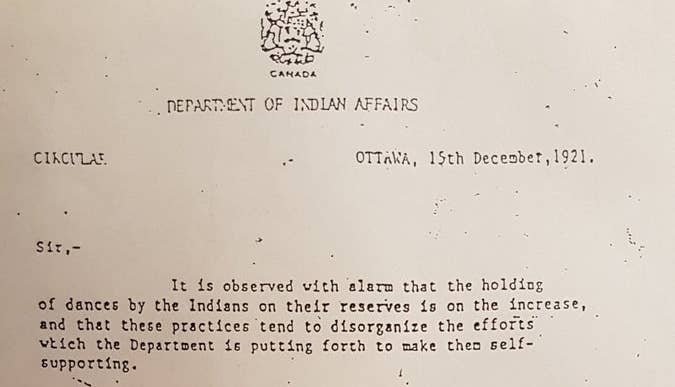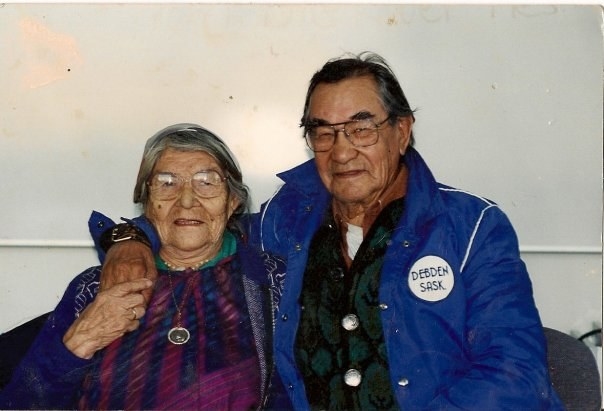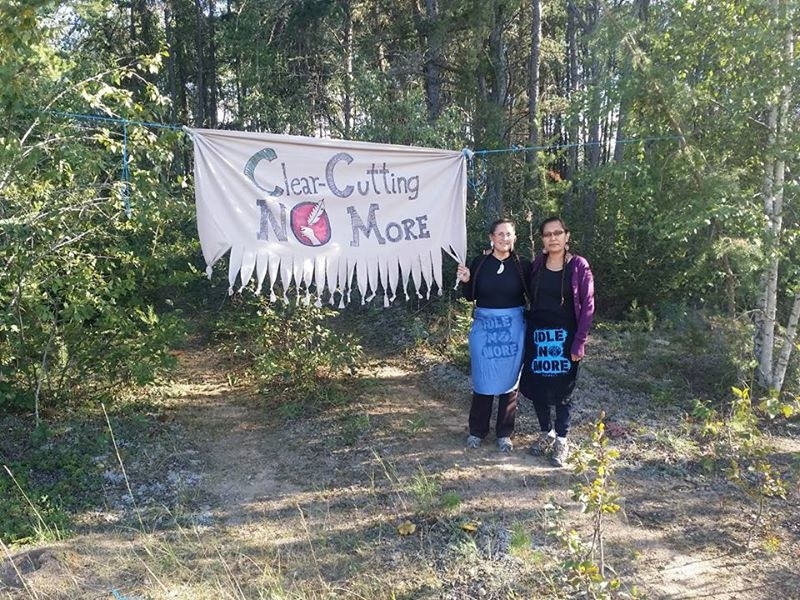This is Sylvia McAdam, one of the co-founders of the grassroots Idle No More movement for Indigenous rights.
McAdam's mother Juliette passed away earlier this month at age 73. When going through her mother's belongings, McAdam came across a 1921 letter from the Department of Indian Affairs that lays out the Canadian government's policy, in effect for decades, that banned dancing and other cultural practices by First Nations people.
"It is observed with alarm that the holding of dances by the Indians on their reserves is on the increase," the letter says, instructing the local Indian agent to clamp down on the First Nation's social life.

McAdam told BuzzFeed Canada she shared the letter on social media not thinking it would make much of an impact, but it quickly went viral.
My mom passed away so purging her papers & came across this #UNsettle150 @canada150th @RussDiabo @1mohawklawyer… https://t.co/GMDhdFW64W
"I was actually quite surprised that a lot of the settlers' comments were that they were stunned, shocked, and saddened," she said. "But in my own life, in my family's life, this is known."
The letter has been shared more than 5,000 times on Facebook and Twitter, and while most people have reacted with shock, McAdam said some have also been dismissive of the painful history.
"People were saying 'get over it,' but they don't realize this didn't end until approximately 1959."
"This was still in my parents' lifetime," McAdam said. "They experienced this. They lived through it. And every time I tried to talk to my mom about it she would get really emotional and upset."

Going through her mother's things has been a way for McAdam to maintain a connection with her.
I inherited this hide scraper, it belonged to my grt grndmother kakikekinaht. 1 of very few remaining in family.… https://t.co/vIfle7yDDn
This hide scraper, for example, has been in McAdam's family for generations. But even this had to be "hidden away," she said, lest it be confiscated and destroyed.
McAdam said her mother kept many artifacts, including the Indian Affairs letter, as a way to pass on knowledge of what happened.
"She knew the importance of it, and she would show it to us when we were growing up. That shaped who I am today, knowing and understanding the genocide," she said.
McAdam said that in light of Canada 150, the sesquicentennial of Canada's founding, it's important to recognize both past and present abuses and work toward resolving them.


